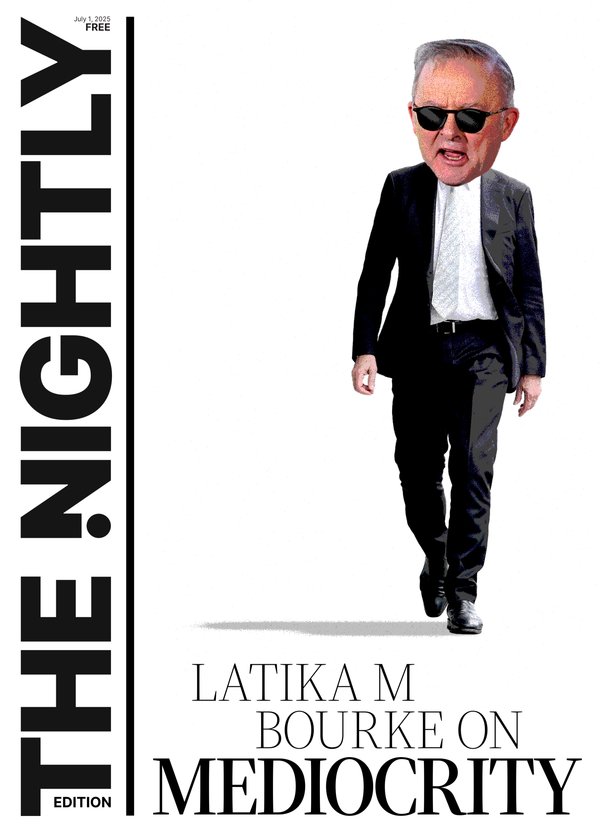EDITORIAL: ‘Modest’ change turns tax principles on their head

Tax can seem complicated. That’s why we pay accountants to do the sums for us.
But at its core, it’s a pretty simple proposition.
You make money — by earning an income, or selling property or shares for example — and the government of the day takes a bit to pay to keep the country running.
Sign up to The Nightly's newsletters.
Get the first look at the digital newspaper, curated daily stories and breaking headlines delivered to your inbox.
By continuing you agree to our Terms and Privacy Policy.Jim Chalmers’ unrealised capital gains tax turns this bargain on its head.
It takes away the first bit (the part where you make money) but keeps in place the second bit (the part where you give money to the government).
Under the Treasurer’s legislation, which is expected to pass the Senate with support from the Greens when Parliament resumes, Australians will pay an extra 15 per cent tax on the balance increase in their super from one year to the next, less the money paid in or out.
That’s despite the fact that those taxpayers haven’t seen any actual profit which would put more money in their pockets. As the name suggests, it’s a tax on unrealised gains — gains you haven’t made yet and might never see.
And unlike the 15 per cent tax already charged on superannuation earnings, it will be up to taxpayers to personally foot the bill, instead of the fund. Don’t have the liquidity to cover the cost? Better find it somewhere.
Tax experts fear that this is just the beginning. Once taxpayers are conditioned to accept being made to pay tax on money they haven’t made yet, what’s stopping the Government from changing the rules again — perhaps extending it to include property?
Labor, of course, will say there are “no plans” to make such changes. But there never are plans, until there are.
And if these changes come into effect, it’s suddenly a much smaller logical leap to owe money on the increase in the value of your family home — even though that increase in value means nothing to you in practical terms unless you sell the property. In which case you will likely need to buy a new home in a hotter property market anyway.
So why aren’t Australians more up in arms about this dramatic upheaval of the core principles of our tax system?
Because Dr Chalmers isn’t stupid.
The tax will only apply to those with superannuation balances of more than $3 million.
Dr Chalmers has made the calculated assessment that the majority of Australians couldn’t give a stuff about the taxation tribulations of a handful of the champagne set.
He’s probably right. It’s hard to conjure up too much sympathy for the very rich. And according to Dr Chalmers, there are only about 80,000 superannuants with balances above the $3m threshold anyway.
So he is banking on our quiet acquiescence.
The problem is that the $3m threshold hasn’t been indexed. What seems like an impossibly huge sum now won’t look that way in the future. According to modelling by the AMP, without changes to the threshold, more than half of all superannuants will be caught under the new rule in just 40 years.
What was only a problem for the ultra-wealthy would be a headache for a massive chunk of the middle class.
Dr Chalmers says the analysis is flawed as it assumes no future changes to the threshold.
But if the intention is for the threshold to keep pace with inflation, why not make it official now, by including in the legislation long-term indexation?
